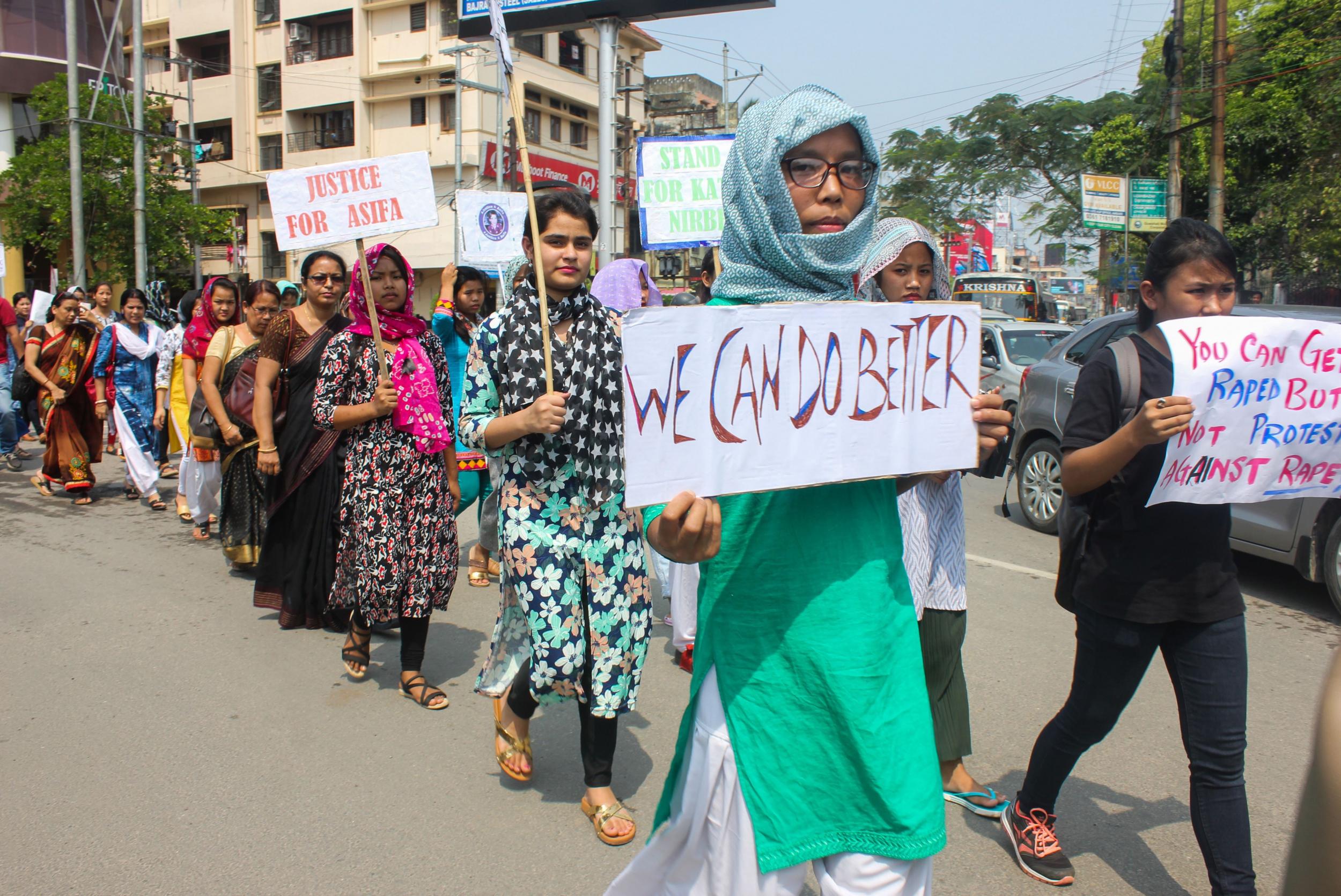India tourism ministry launches campaign to highlight safety of women
A survey ranking the nation as the most dangerous in the world for women has disturbed Indian officials

Your support helps us to tell the story
From reproductive rights to climate change to Big Tech, The Independent is on the ground when the story is developing. Whether it's investigating the financials of Elon Musk's pro-Trump PAC or producing our latest documentary, 'The A Word', which shines a light on the American women fighting for reproductive rights, we know how important it is to parse out the facts from the messaging.
At such a critical moment in US history, we need reporters on the ground. Your donation allows us to keep sending journalists to speak to both sides of the story.
The Independent is trusted by Americans across the entire political spectrum. And unlike many other quality news outlets, we choose not to lock Americans out of our reporting and analysis with paywalls. We believe quality journalism should be available to everyone, paid for by those who can afford it.
Your support makes all the difference.India’s tourism ministry has launched a campaign to reassure women that they are safe in the country after a poll of experts ranked the nation as the most dangerous country in the world for women.
In a survey conducted by the Thomson Reuters Foundation, 548 experts in women’s issues ranked India as the most dangerous country in the world for women, ahead of Afghanistan, Syria, Somalia and Saudi Arabia, due to the perceived high risk of sexual violence and slave labour faced by women.
Respondents were asked which of the 193 UN member states they thought were worst in six categories, including human trafficking, healthcare, cultural practices and sexual and non-sexual violence.
But a letter sent to its government’s overseas offices and shared with The Independent earlier today rejects the assessment, claiming: “India is far ahead of many countries in most of these areas … the ranking of India appears to be clearly inaccurate.”
The letter dated 6 July lists a series of safety initiatives implemented by the country since the fatal gang rape of a student in New Delhi in December 2012, which prompted global outrage.
It emphasises the tougher punishments for rape, acid attacks and stalking that the country introduced since 2012, in addition to helplines and support services to assist women.
It also highlighted the launch of a free multilingual helpline available for tourists visiting the country.
Government offices have been urged to publicise the contents of the letter to reassure visitors to the country.
Asmita Basu, programmes director of Amnesty international India, told The Independent that women’s safety in India continues to be an issue of concern and that violence against women is “widespread and pervasive.”
“According to the National Crime Records Bureau (NCRB), a total of 338,954 incidents of crimes against women, including nearly 38,947 cases of rape, were reported in 2016—an increase of 2.9 per cent over 2015. On the other hand, conviction rates in rape cases were as low as 23.9 per cent in the same year. Overall, NCRB data shows that the number of reported crimes against women has been rising steadily since 2009.
“However, despite the steady increase in reportage, it is widely believed that incidents of violence against women remain underreported. Reasons for underreporting include concerns of security, associated social stigma and fear of reprisals.
“Crimes against women continue to be adjudicated based on notions of ‘modesty’ and ‘morality’ rather than the impact it has on the physical and mental integrity of the victim. Grave gender disparities and prevalent gender stereotypes exacerbate women’s vulnerability to violence.
“India is ranked 125 out of 159 countries in the Gender Inequality Index in the Human Development Report 2015, compiled by the United Nations Development Programme. If the Indian state is serious about reducing incidence of violence against women, it needs to address the causes of violence.”
Join our commenting forum
Join thought-provoking conversations, follow other Independent readers and see their replies
Comments